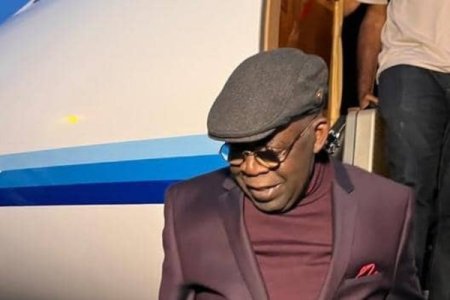
In a budget proposal for the 2023 supplementary budget, the Federal Government of Nigeria has stirred controversy by allocating N5.095 billion for the purchase of a Presidential yacht and N5.5 billion for an education loan fund. These allocations have triggered widespread discussions about the allocation of resources and priorities amid economic challenges and educational needs.
According to details obtained from the 2023 supplementary appropriation, the Nigerian Navy is set to receive a capital expenditure of N42.3 billion and a recurrent expenditure of N20.42 billion, totaling N62.8 billion. This budget includes funding for various purposes, such as the purchase of vehicles, the construction of naval bases in Lekki and Epe, and the procurement of critical equipment and ammunition.
The education loan fund, an essential part of the Access to Education Act, was proposed by the government to address the chronic issues of funding and industrial actions in Nigerian higher institutions. The law, passed by the ninth National Assembly and signed into law by President Tinubu, aims to provide interest-free loans to students in higher institutions and put an end to the recurring disruptions in the educational system.
Nigerian universities have been plagued by recurrent industrial actions, leading to substantial disruptions in academic calendars. The proposed student loan program, set to begin in January 2024, is seen as a crucial step toward resolving these issues and ensuring stability in higher education.
The budgetary allocations have sparked debates about the government's priorities, with some questioning the wisdom of funding a Presidential yacht amid educational challenges and the need to address industrial actions in universities. The debate underscores the complex choices facing the government as it balances diverse national needs in the 2023 supplementary budget.




